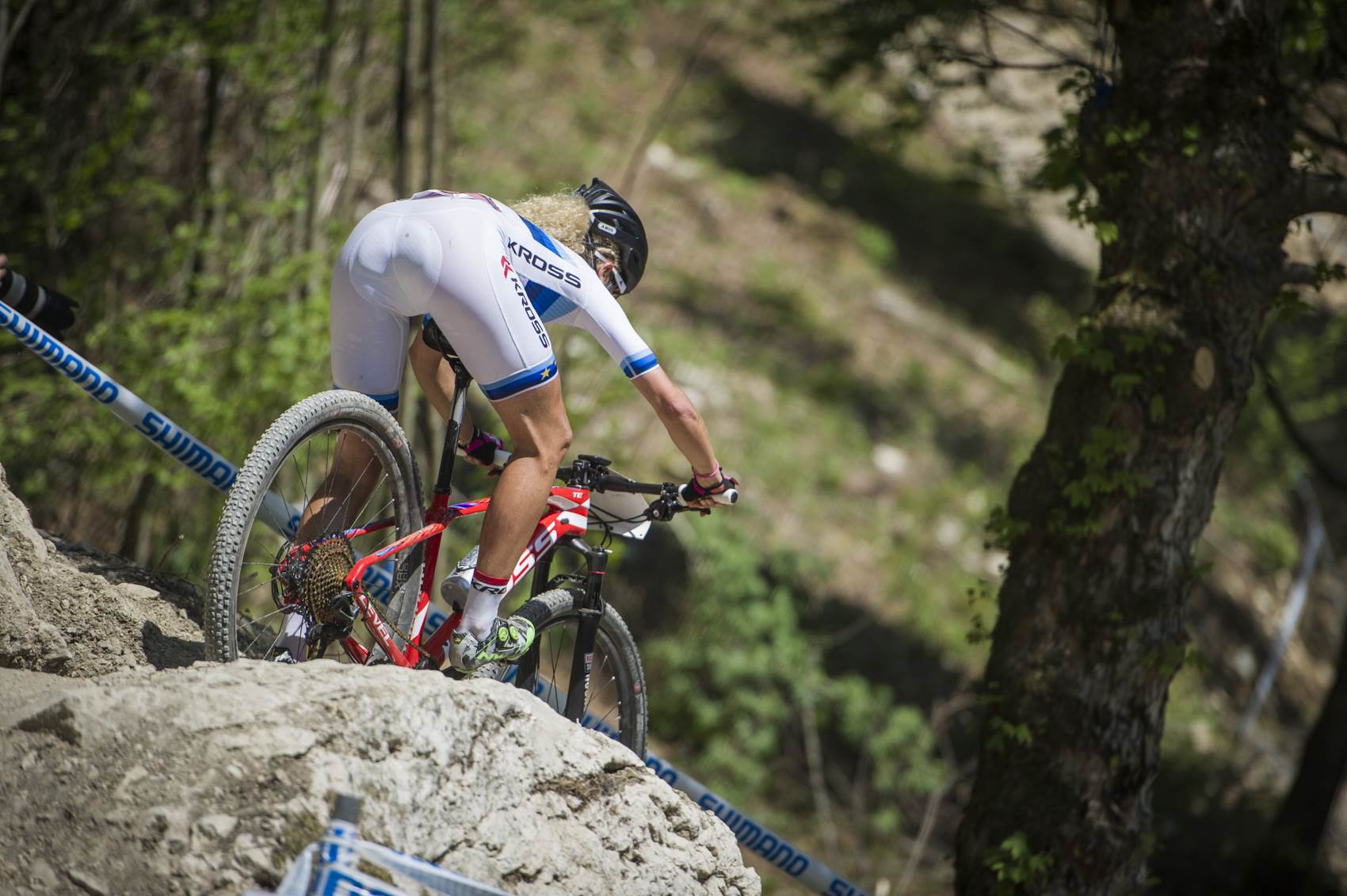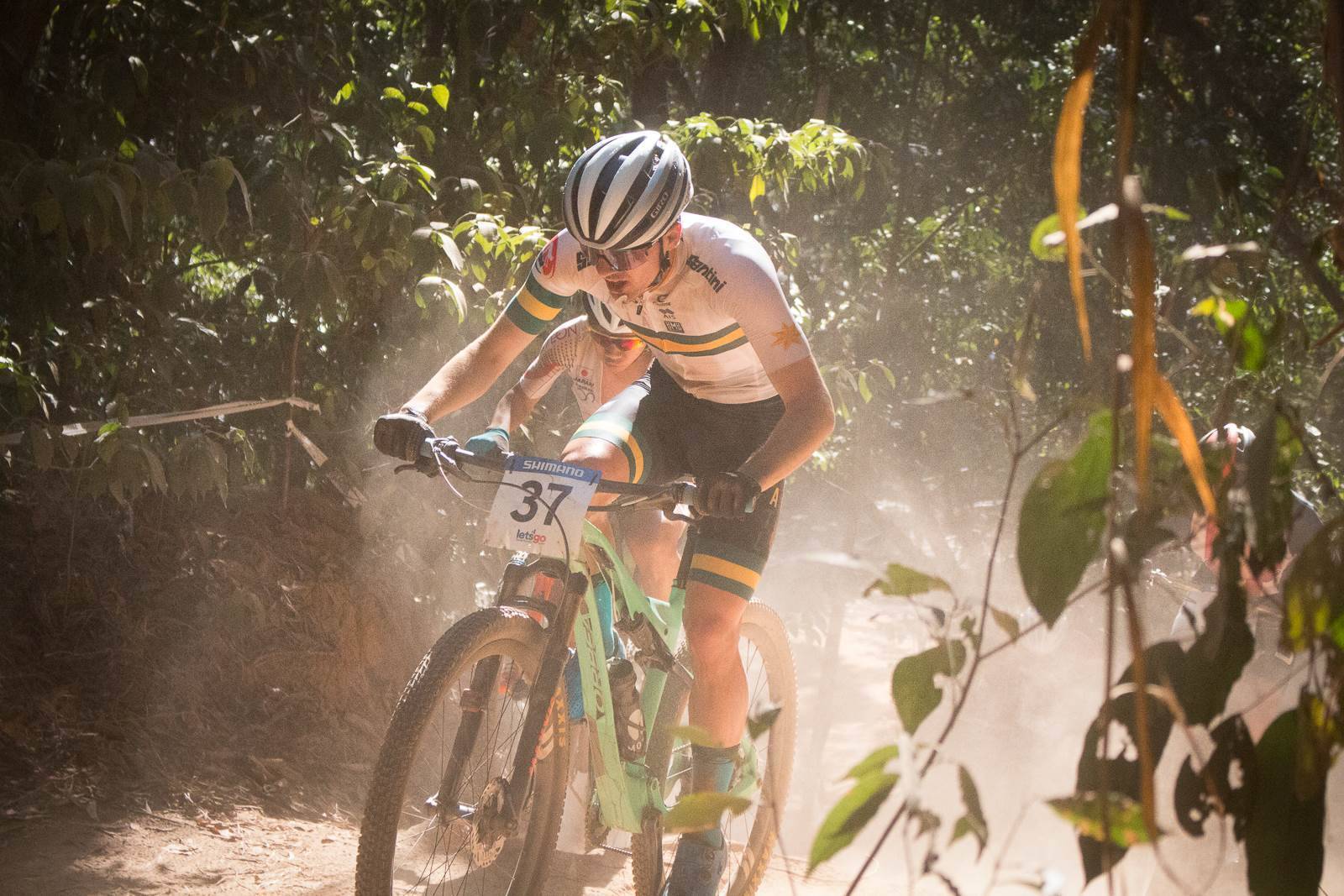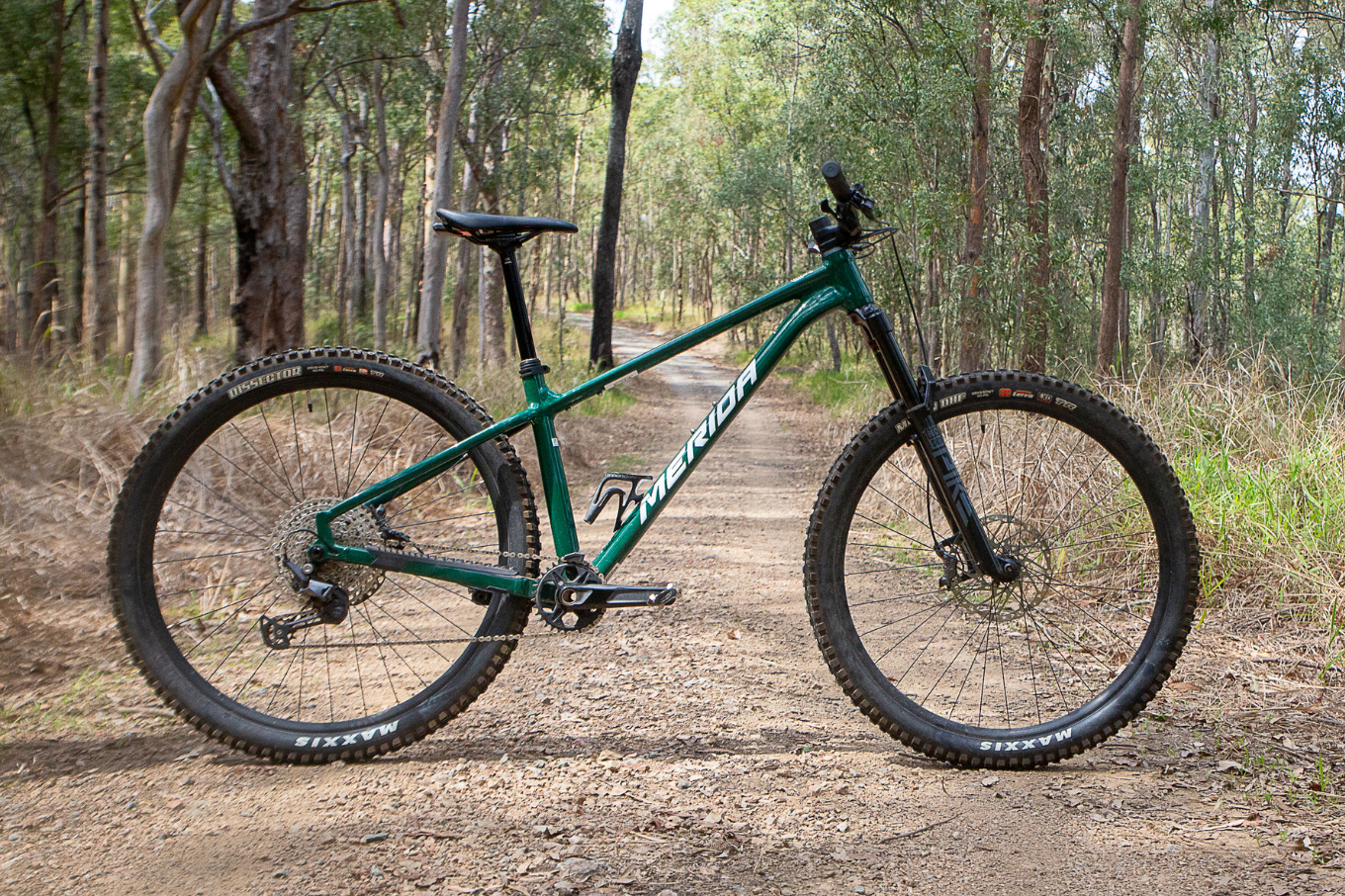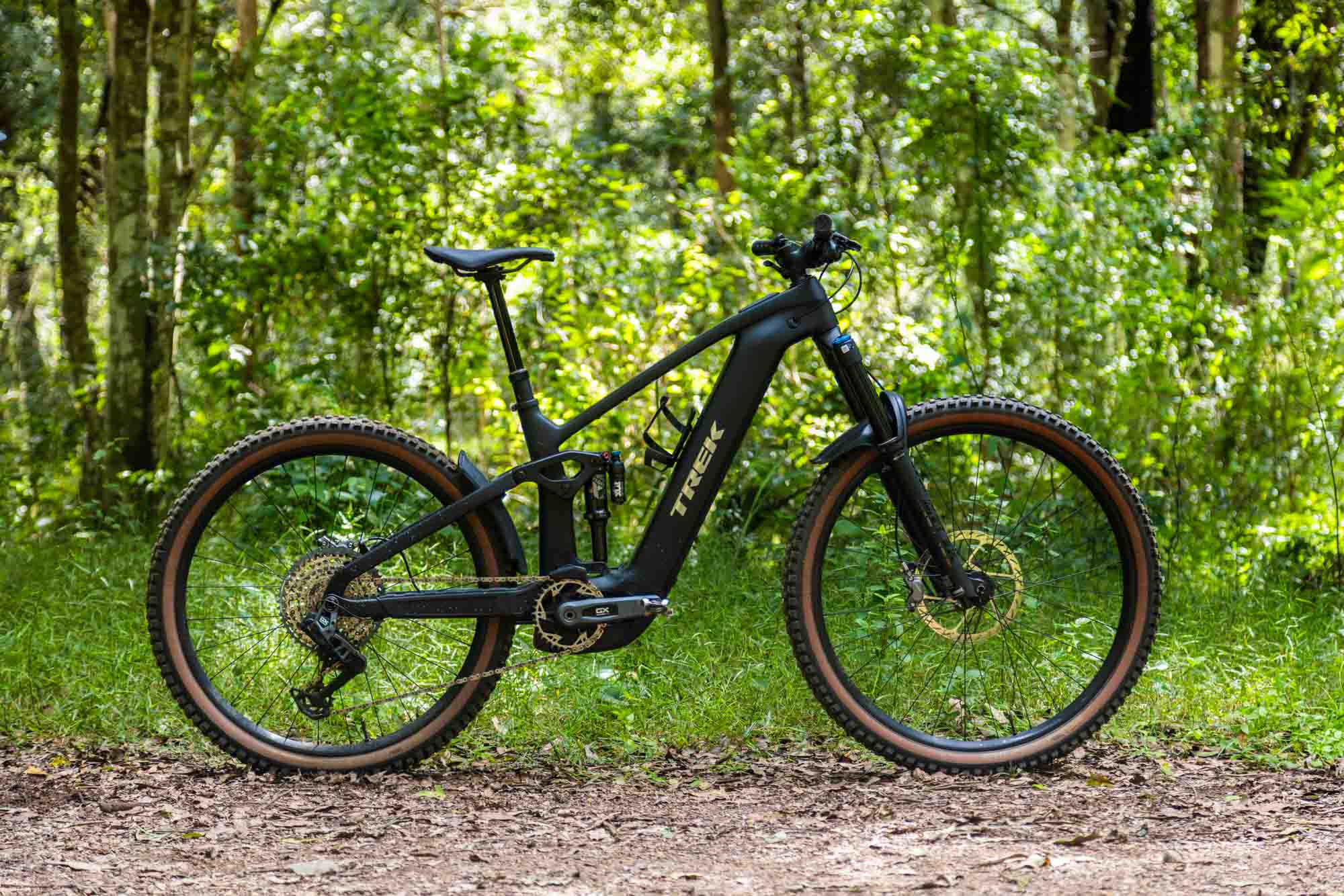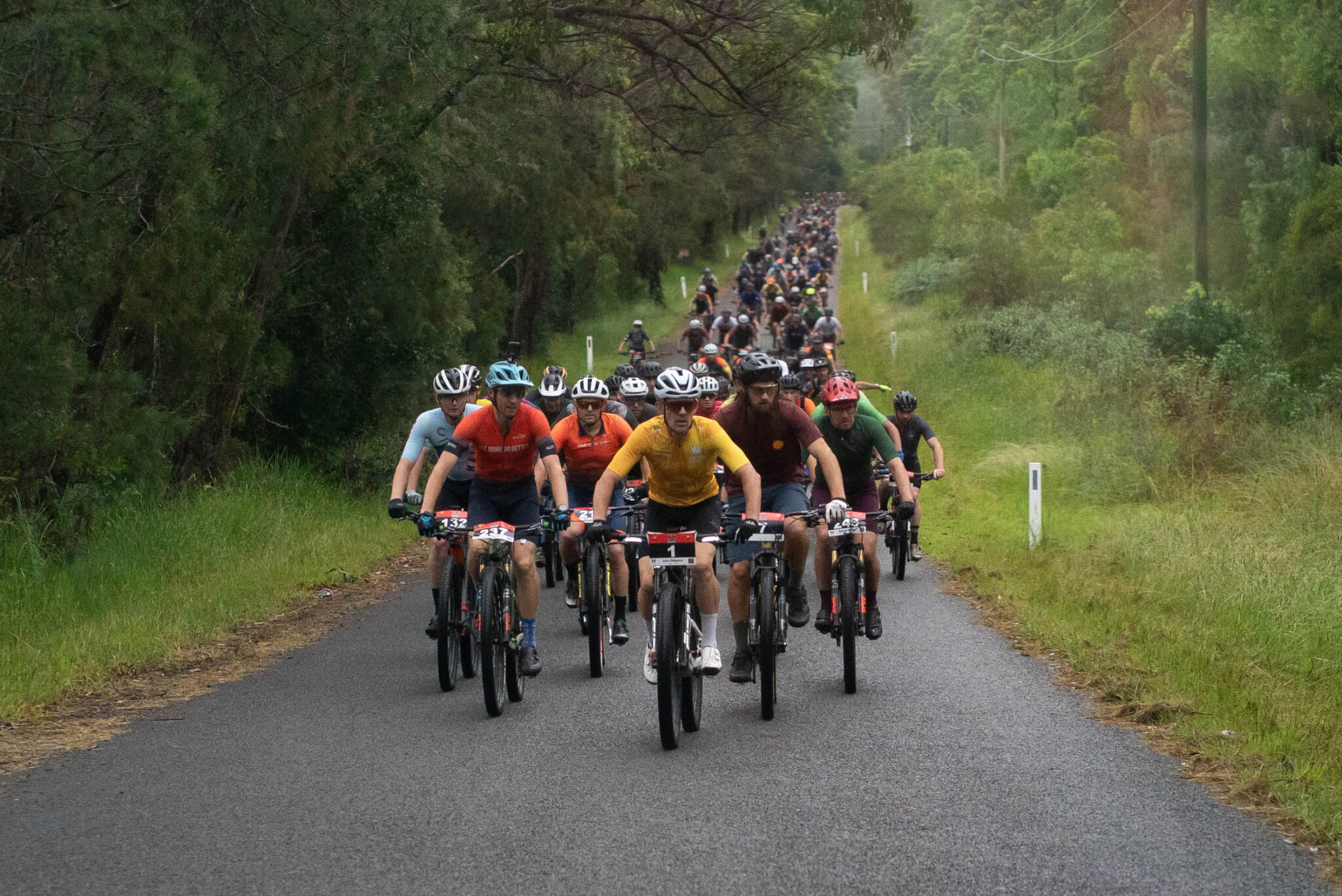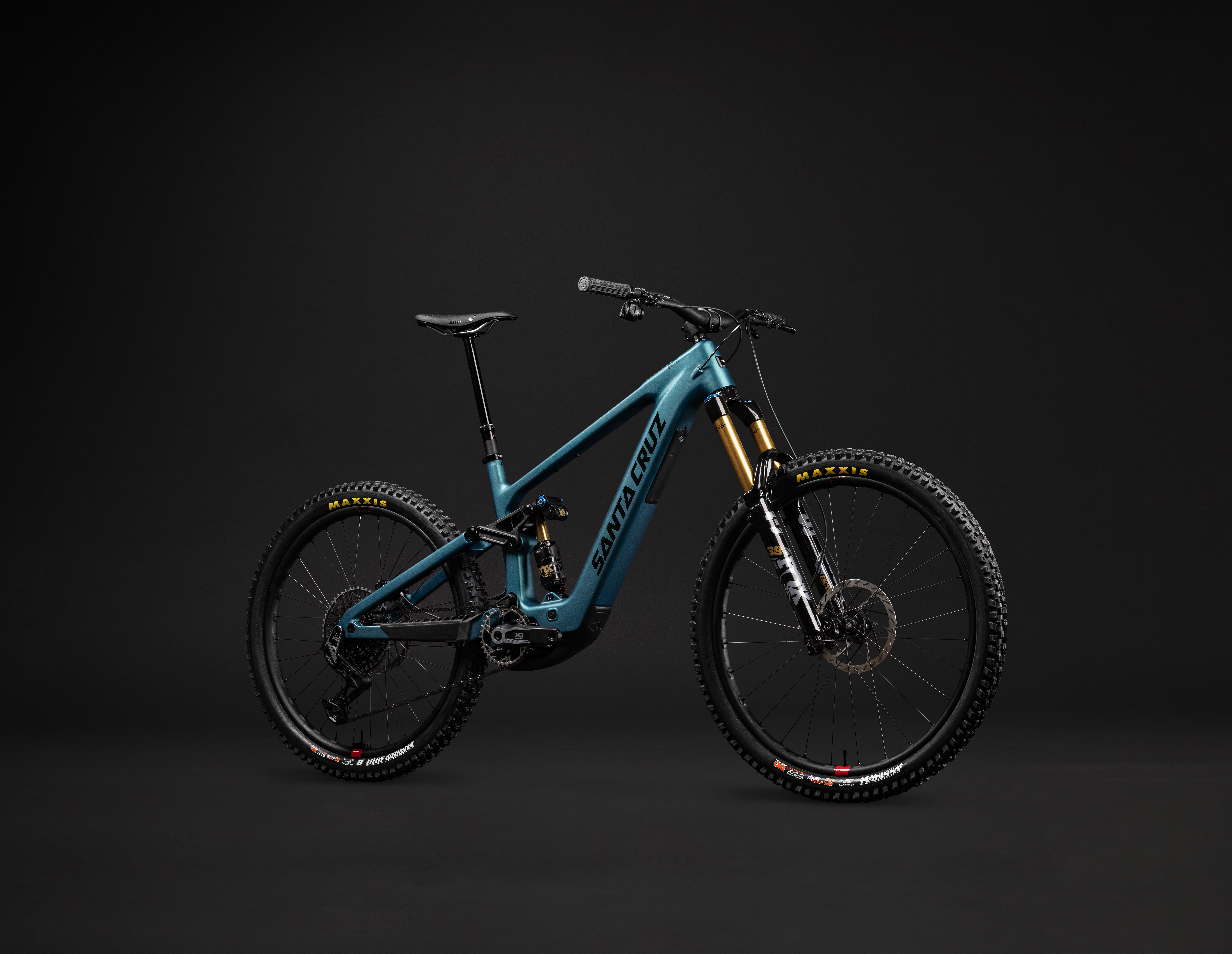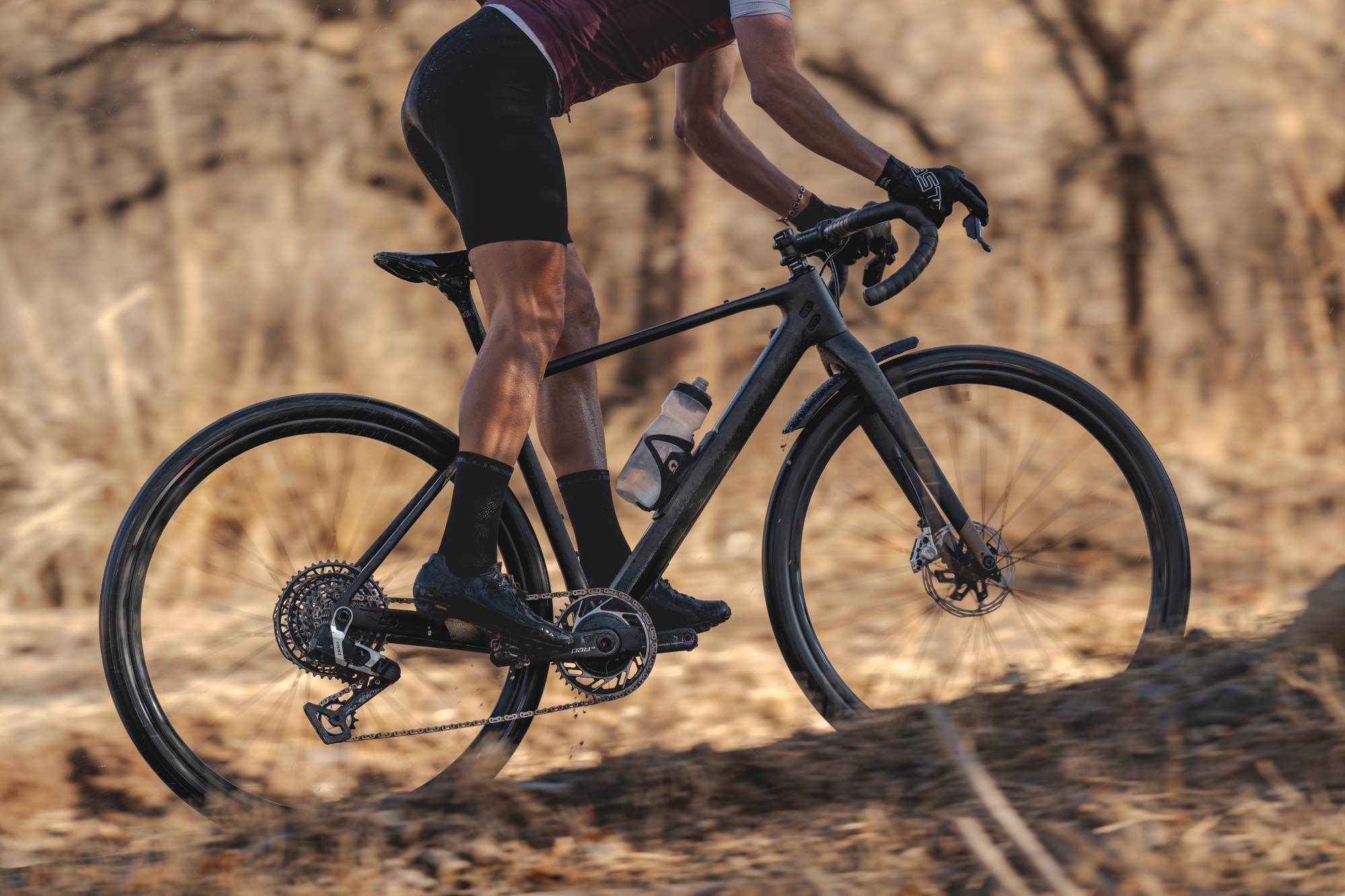XC is not a swear word.
Cross-country racing has been a backbone of mountain biking for decades, pushing product development and riders, and getting riders into the sport. So what's changed?
When I first started reading Australian Mountain Bike magazine in the mid 90s, bikes were reviewed and then moved into being a cross-country or downhill bike. The difference being: it could go up, down and along pretty well – or really it just went down.
'Cross-Country' racing at the time was a lot longer than it is now, with races well over 2 hours, compared to the 1h20-1h30 which you see most World Cup races being completed in. Laps were longer, and technical support on the course was based on what spares you carried. Cross-country racing really was mountain biking – against the clock and other riders.
Mountain biking has changed in combination with mountain bikes. Our equipment is a lot more capable, and in a sense what the majority of us can ride on a typical mountain bike is different now as well. But at the root of it – isn't trail riding just cross-country? Why has cross-country earned a name that gets derided? I reached out to some of the current (and past) crop of Australian cross-country (XCO) talent to get their opinions on how XCO represents mountain biking, and why perhaps much of the greater perceptions are wrong. 'XC' has a dirty name, many think it's tame or boring. But right before the World Cup starts, let's see if we can't show that XC shouldn't be a dirty word.

"It's interesting that 'enduro' is the cool new format," states Dylan Cooper, of RideTechnics, "with XC being uncool to some, when really 'enduro' is just what XC riders have been doing since the beginning – climb up at a pace that suits you, then pin it down the hill on a challenging trail at a speed that makes it fun. Then repeat."
Don't miss our highlights from the U19, U23 and Elite XCO National Championships!
This is a perfect point, so much of what any ride any of us does, is climbing at a pace we can manage, then bombing the descent as fast as we can. To me that sums up a group trail ride, a cross-country race, or an enduro race too. There's just a difference for when you're on the clock. But maybe there's more difference over the past decades?
"The difference being, especially back in the day, they did it on raw trails and on primitive bikes that had no margin for error. That still somewhat applies today. XC encompasses everything that's fun and tough about mountain biking, on all types of terrain," concluded Cooper. Interestingly enough, Cooper uses his skills honed in XC to tackle enduro races, with a number of podium finishes.
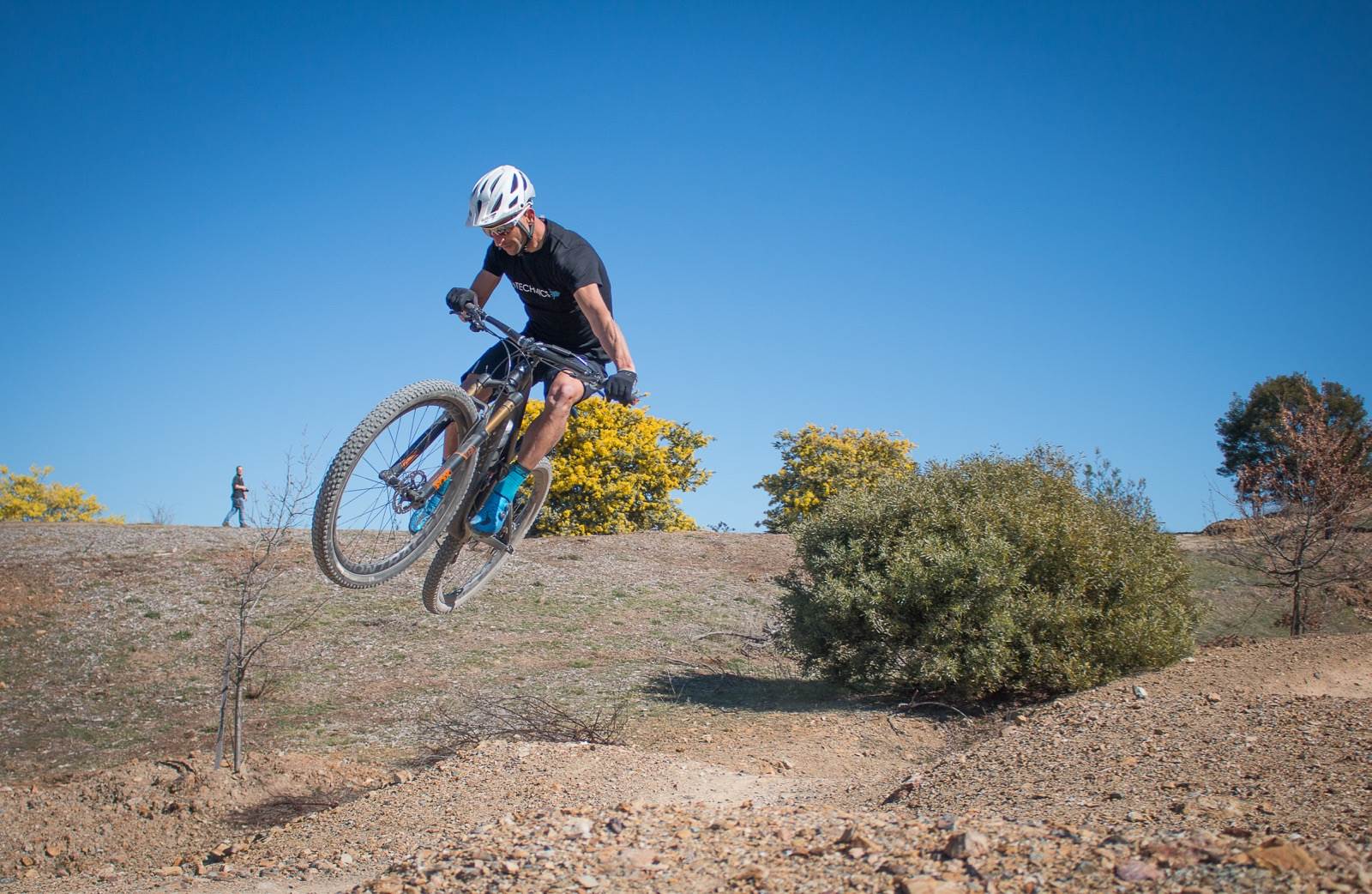
That sense that XC is 'pure' comes up pretty often when talking to riders. U23 racer Reece Tucknott states that it's the purity of XC racing that he loves.
"To me, XC racing is the purest form of mountain bike racing that is around. XC racing includes all facets of mountain biking from technical climbing, speed, technical descending as well as consistency. The athletes who are winning the XC races at the highest level are themselves at the highest level of technical ability, the highest level of physical fitness, the highest level of mental fitness and the highest level of hunger to win. You are dead at the end of XC racing, but XC racing isn't dead!"

Tucknott makes a great point there – that the athletes winning XCO have the highest technical ability. Who hasn't seen how riders like Nino Schurter ride on their trail bike? What about Paul van der Ploeg – pretty seemlessly switching from Cross-Country Eliminator World Champ through to Gravity Enduro? Cross-country riding and racing is a huge skills development area.
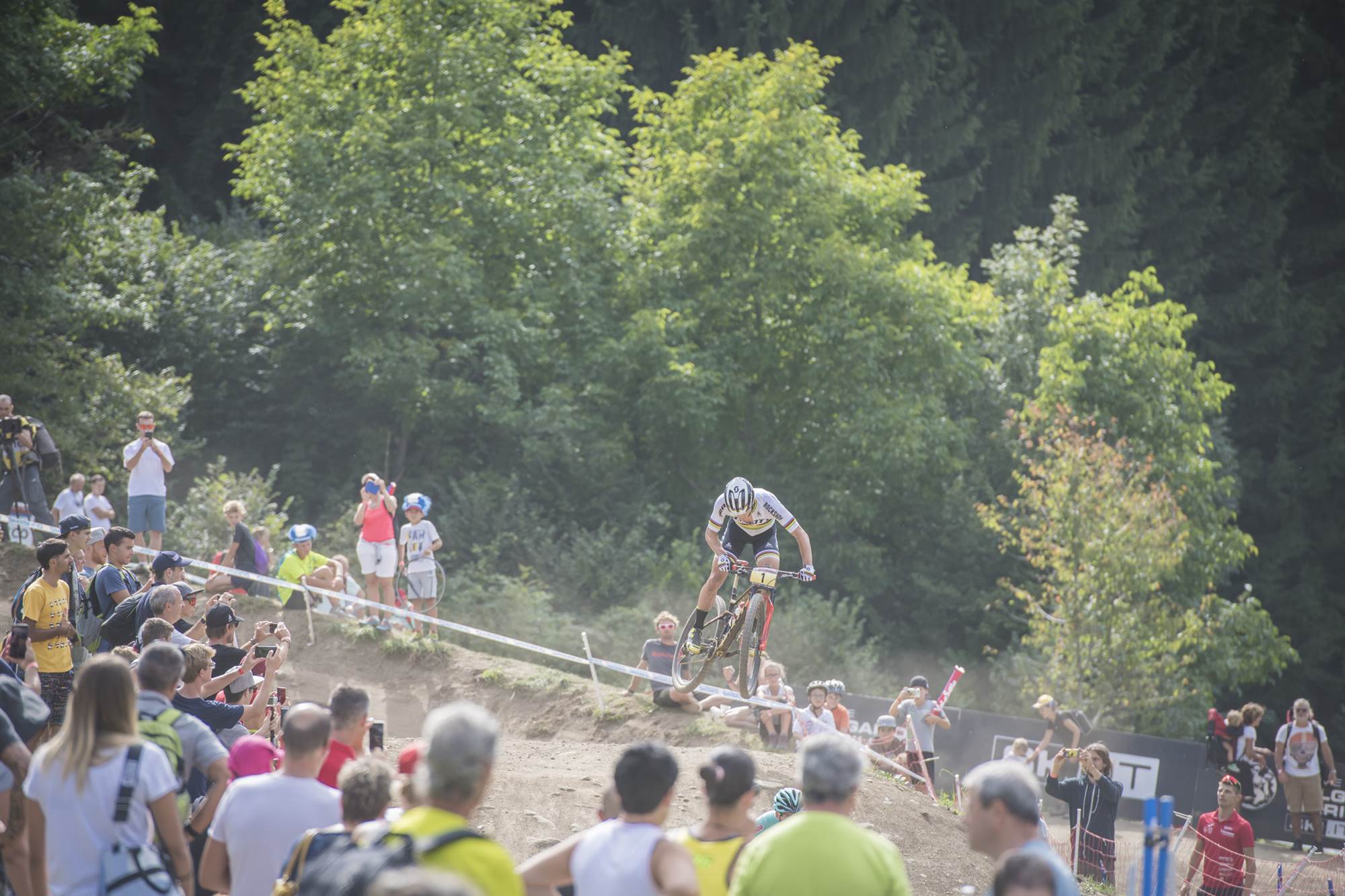

Bec McConnell has made cross-country mountain bike racing her career. Bec also recently won a round of the Rocky Trail Super Flow enduro series, on her race hardtail, proving the point made by Dylan Cooper that the skills and riding are on par.
"XCO is the pinnacle of Mountain Bike Racing – The ‘O’ stands for Olympic after all," states McConnell. With her husband Dan McConnell, the two travel the world for the World Cup XCO series, and other high-ranking races. They both certainly see a huge difference in how XCO is supported overseas compared to Australia, "It is the toughest form of mountain biking. Cross Country racers must push themselves to their absolute limit for 90 minutes, incorporating gruelling climbs followed by technical and risky descents – nailing a section once is not enough – you must negotiate these sections when your heart rate is at 180 beats per minute and your arms and legs want to fall off – usually on a hardtail!"
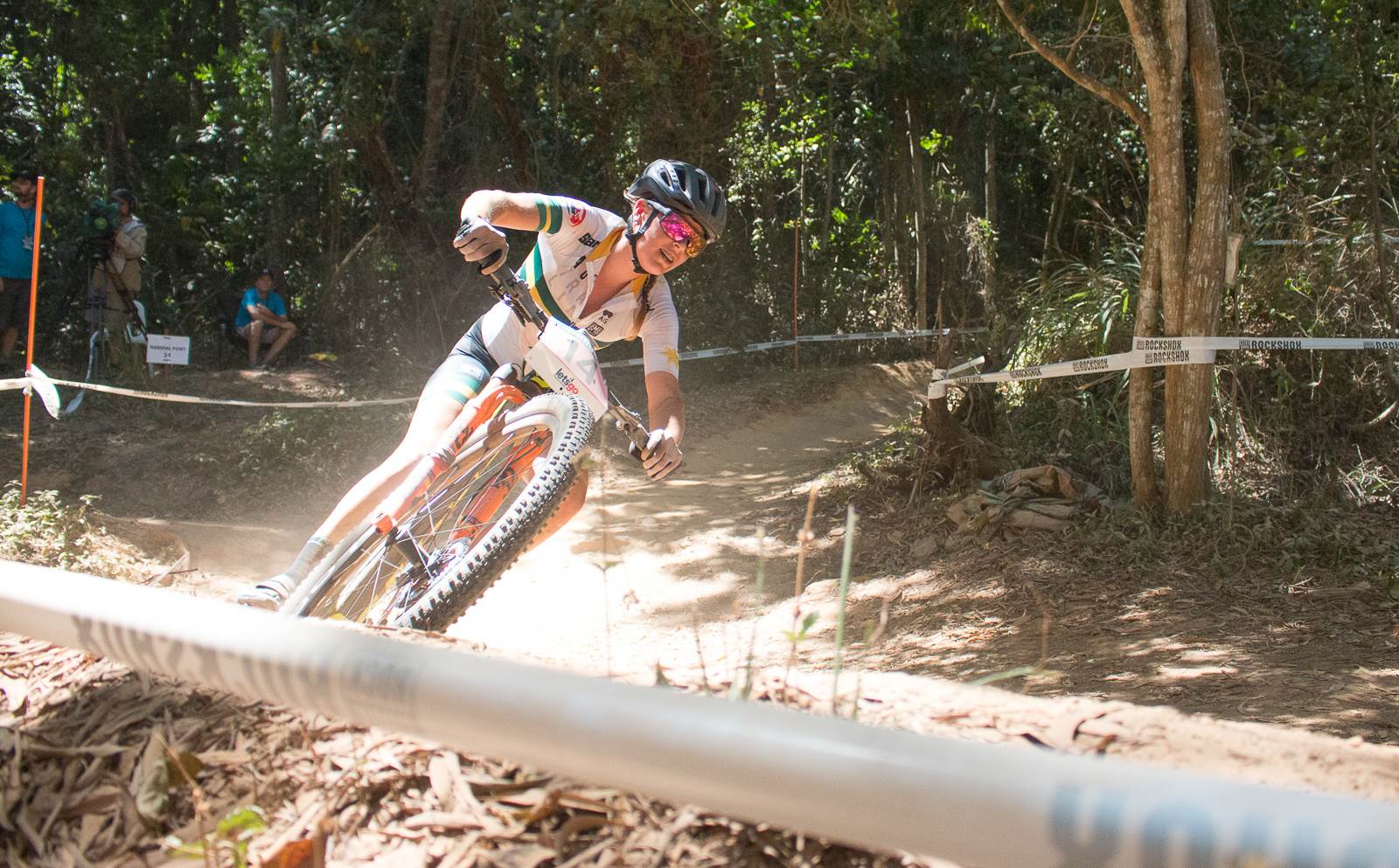
"Cross Country racing is fast, aggressive and requires discipline in every aspect of the athletes lives. It is a sport of preparation – the equipment, the training, the tactics and mental strength yet flexibility, the ability to change the plan, react, make split second decisions, passes, changing lines, taking risks or being conservative. It is unpredictable, it’s exciting and an absolute thrill on the day when everything comes together!"
What really rings true is how much cross-country racing requires you to be adaptable to changing conditions. While you ride a lap a number of times in a race, much of the course doesn't stay the same, and you have to ride it on your limit. It rewards how much you take yourself to that limit, both physically and technically. That's something that Jenni King said delivered the best rewards during her career.
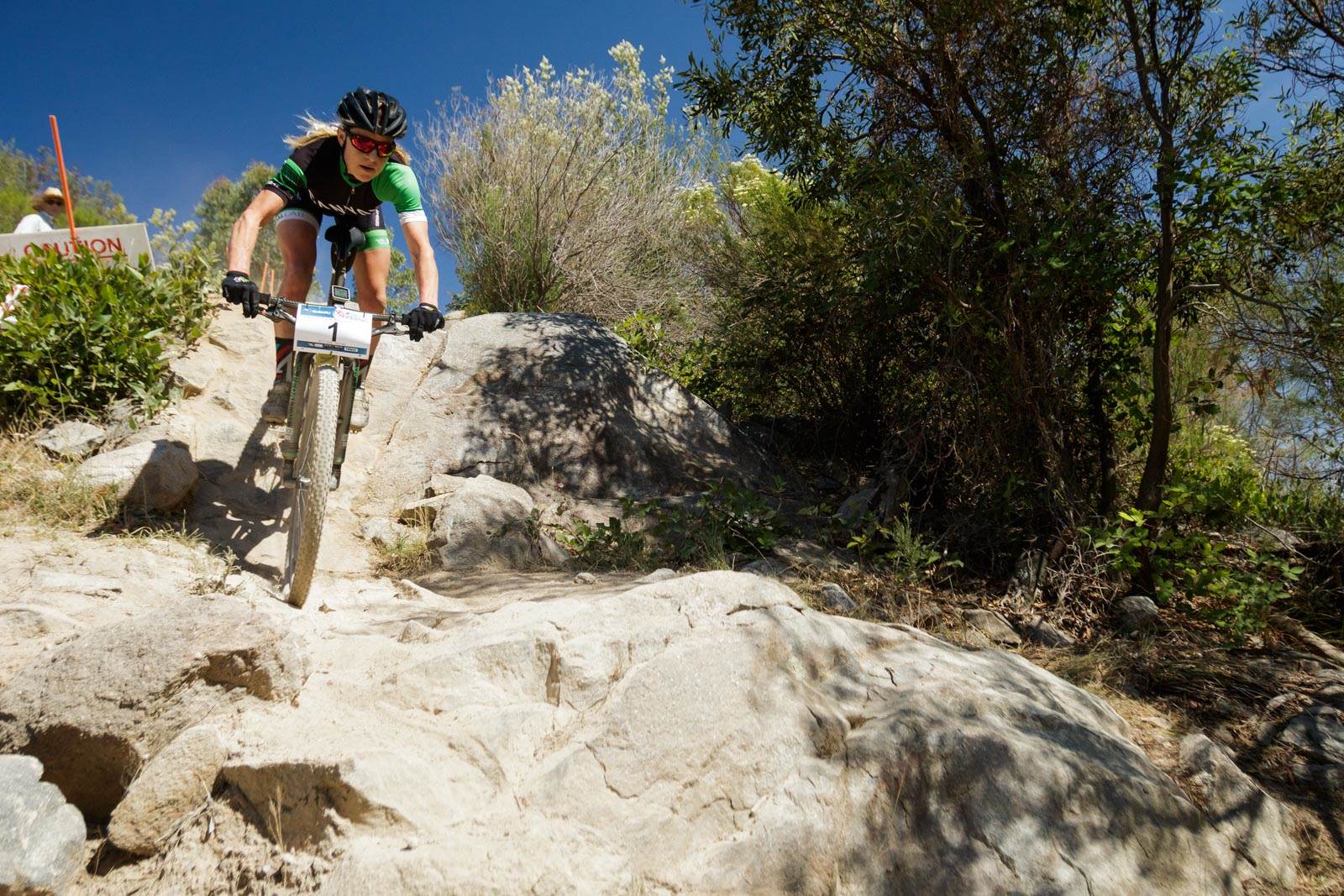
"Of all the styles of mountain bike racing it was the XC discipline that offered the greatest challenge yet also the greatest reward during my race career. The combination of fitness, technical proficiency and race tactics required to race XC as well as attracting the highest level of competition in Australia definitely pushed both my physical and technical limits to levels I never thought i would get to."
Recent discussion in mountain biking circles has been around selection criteria for major events, notably the Commonwealth Games. Only two mountain bikers were chosen, when Australia could have fielded a much larger team. Cross-country racing has been where a lot of talented Australian cyclists have started, plus it's the easiest competitive arm of cycling to come into with a friendly and open club racing scene. This is one of the reasons Andy Blair thinks cross-country should have a much higher standing than it does currently.
"Despite what Cycling Australia might think XC is not a swear word. In my opinion, it is one of the best ways to for young riders to develop strength and skills (not just on the bike BTW). From a background of racing XC you can end up as a pro roady, a pro downhiller, or just a guy that likes riding XC."
But like many of the others we spoke to, Blair finds the personal challenge that XC presents is part of what keeps mountain biking fresh for him, to keep pushing him to improve.

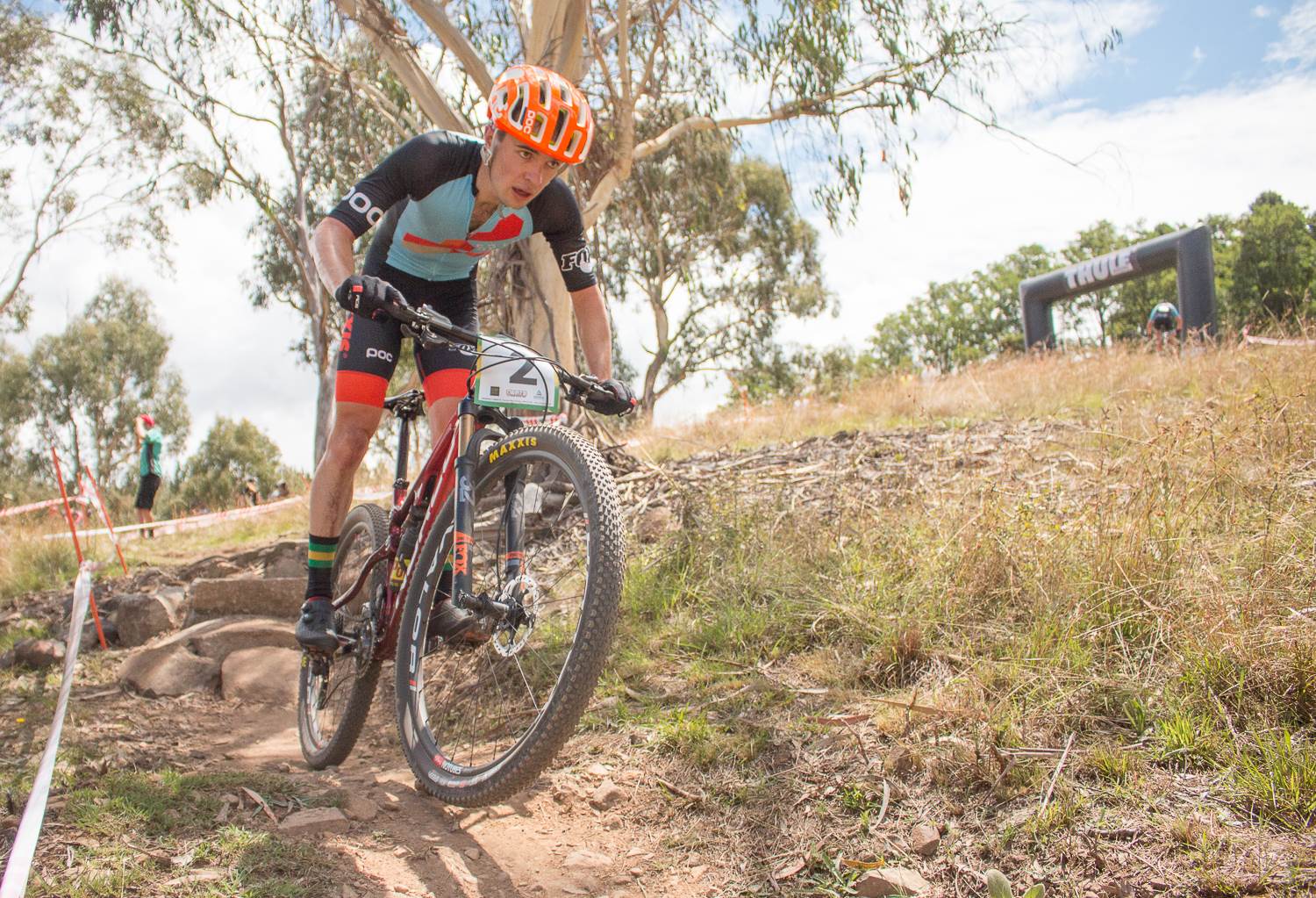
With the first round of the XC World Cup on this weekend in Stellenbosch, why not tune in to Red Bull TV for the livestream, and watch the world's best challenge themselves on a demanding course? Better yet – what's stopping you getting along to your next club race? Head along with some mates – and if you've got kids, take them too.
Cross-country racing is an integral part of our sport, and it's the backbone that much of the sport is built on. Away from the race course, cross-country riding is just the original name for trail riding – so embrace this strong arm of the sport and don't shun it. It's probably the majority of the riding you do afterall!
You can do a search to find your local mountain bike club thanks to MTBA.
